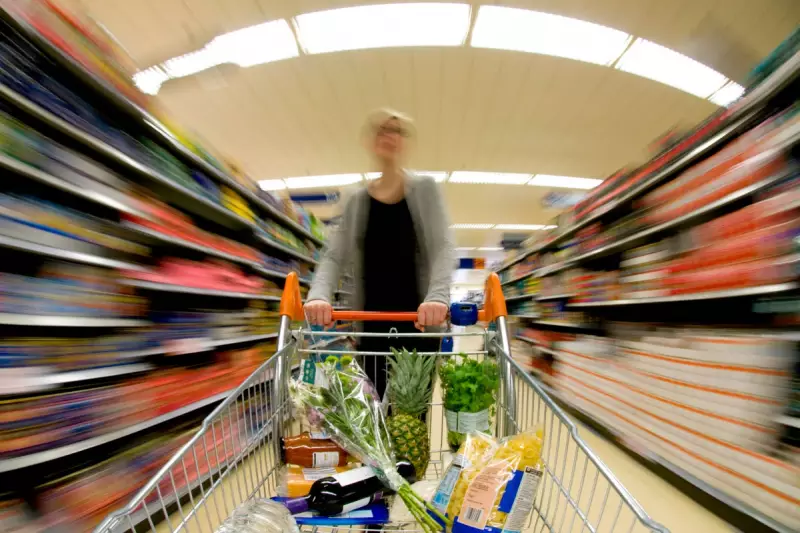
The UK's battle with the cost-of-living crisis saw a significant milestone in April, as official figures confirmed inflation finally fell to its target level for the first time in nearly three years. The Consumer Prices Index (CPI) dropped to 2.3% in the year to April, down from 3.2% in March, according to the Office for National Statistics (ONS).
This brings the rate closer to the Bank of England's 2% target, a moment hailed by Prime Minister Rishi Sunak as proof that his government's economic plan is "working". However, economists and opposition leaders were quick to temper celebrations, pointing to underlying pressures that continue to squeeze household budgets.
Behind the Headline Figure
While the dramatic drop is welcome news, the devil is in the detail. The decline was primarily driven by a sharp fall in the energy price cap Ofgem implemented in April, which brought down gas and electricity costs for millions.
More encouragingly, food prices are now on a downward trajectory. Data from the British Retail Consortium (BRC) showed shop price inflation slowing to 0.8% in May, its lowest point since October 2021. Prices for essentials like butter, fish, and fruit are actually falling, providing some relief at the checkout.
The Stubborn Core of the Problem
The key concern for the Bank of England's Monetary Policy Committee is that core inflation—which strips out volatile food and energy prices—remained stubbornly high at 3.9%. This persistence suggests underlying inflationary pressures are still embedded in the UK economy, particularly within the services sector.
This stickiness makes an immediate interest rate cut in June far less likely. The Bank is expected to adopt a cautious 'wait and see' approach, wanting more concrete evidence that inflation is truly beaten before easing its policy.
Political Point Scoring
The figures have ignited a fierce political debate. Chancellor Jeremy Hunt claimed the data shows the economy has "turned a corner".
In contrast, Shadow Chancellor Rachel Reeves argued the fight is far from over, stating that "working people are worse off with higher mortgage bills, prices still rising in the shops, and inflation higher than the Bank of England's target." She blamed the Conservative government for a legacy of economic instability.
For now, the British public is left in a waiting game. While the worst of the inflation crisis may be over, the path back to true economic stability and lower interest rates appears longer than many had hoped.





